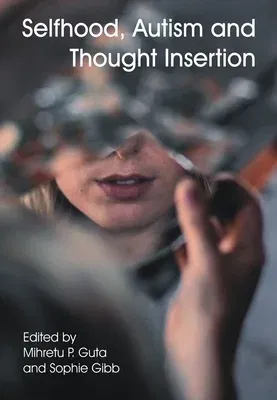This book, a reprint of a special issue of the Journal of Consciousness
Studies, presents engaging and informative analysis of three
interrelated notions, namely: selfhood, the first-person pronoun 'I',
and the first-person perspective. Philosophers have long debated about
these notions on non-empirical grounds, often focusing on the question
of whether the first-person pronoun 'I', beyond its role as a
grammatical term, has an underlying implication for the ontology of
selfhood. Philosophers continuously grapple with whether the
first-person pronoun 'I' is a referring expression and, if it is, what
its referent is or could be. To give an adequate treatment of such
questions, philosophers have begun working across the relevant
disciplines. This book highlights some excellent examples of the complex
nature of first-person thoughts as they figure in linguistics, autism,
thought insertion in schizophrenia, and the phenomenon of mental
autonomy. In Selfhood, Autism and Thought Insertion, many of the
leading philosophers working on this issue, as well as a few emerging
scholars, have written 12 new essays addressing questions besetting the
ontology of selfhood. The essays address topics as diverse as
reflections on E.J. Lowe's non-Cartesian substance dualism, physical
determinism, the metaphysics and anti-metaphysics of the self,
animalism, neo-Lockean persons, rationality and the first person,
whether the first person is essentially a linguistic concept,
first-person and third-person perspectives and autism, consciousness,
the first-person perspective and neuroimaging, thought insertion, and
mental autonomy. The contributors to this volume do not agree in all of
the details associated with the notion of selfhood, yet they all have a
common conviction that the central questions besetting it must be taken
seriously.

